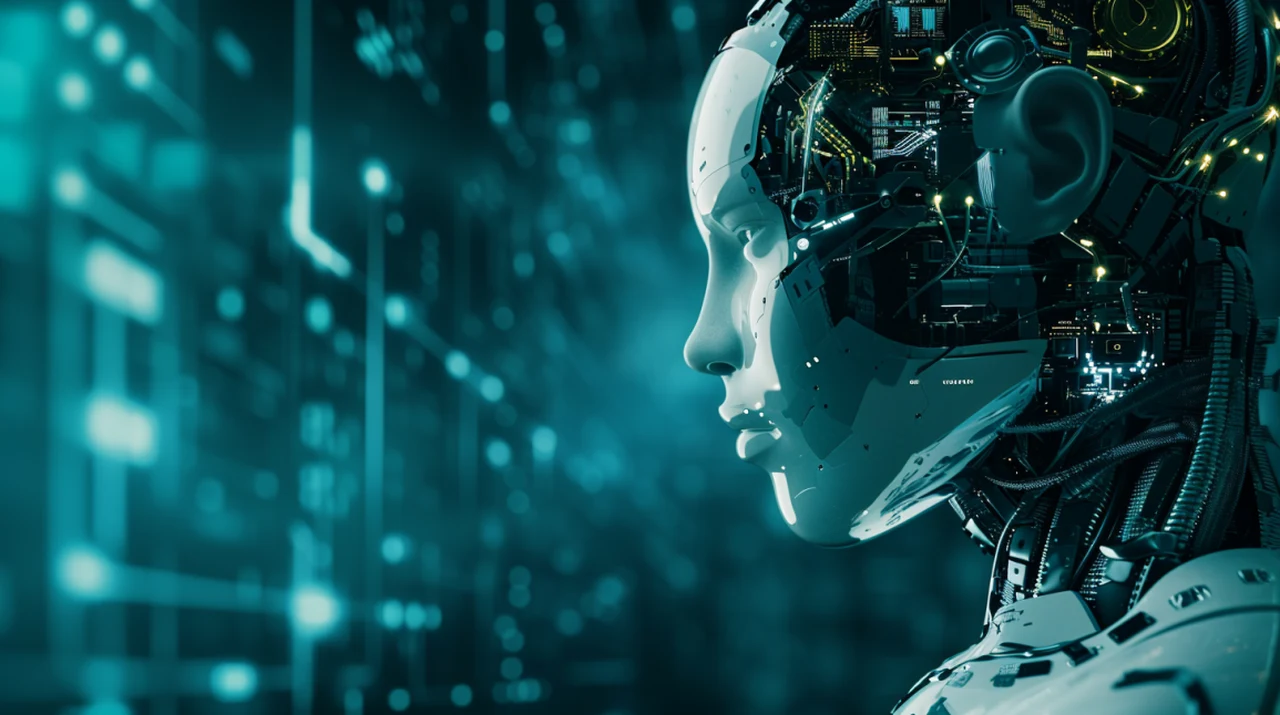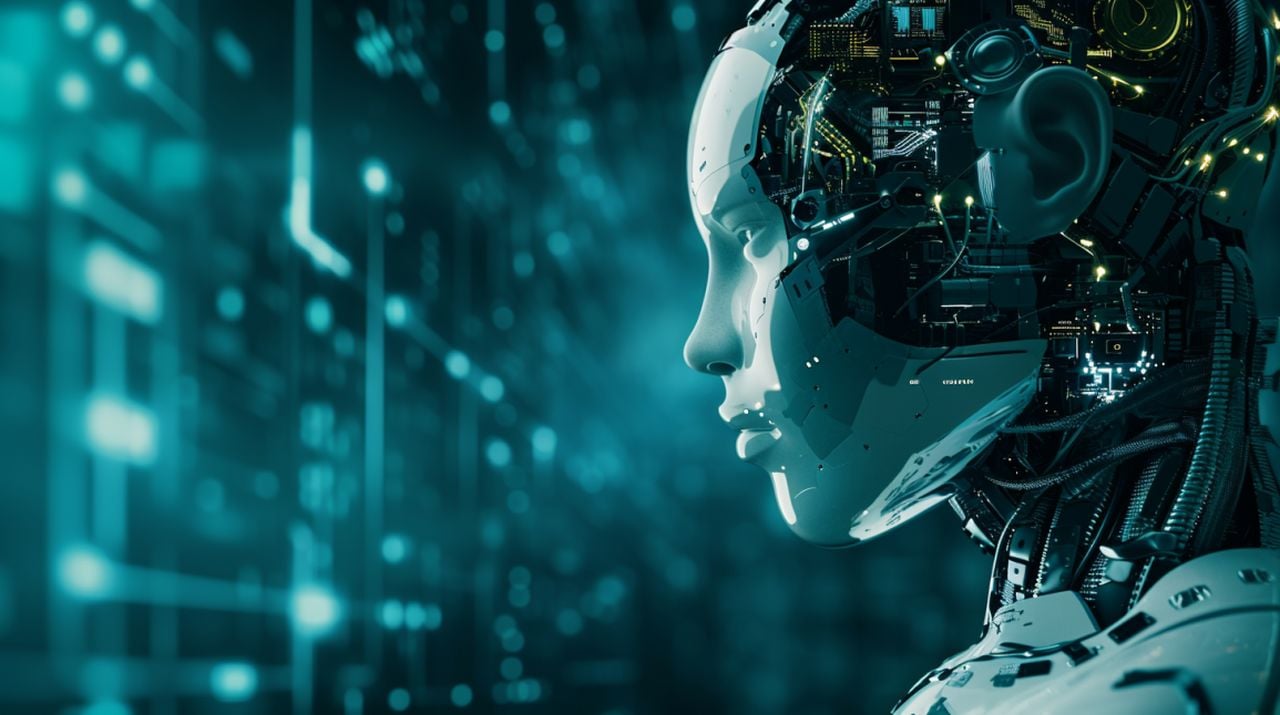
In the ever-evolving world of technology, two titans are making strides that could transform how we tackle some of the most challenging issues facing our society, including the pressing matter of climate change. Artificial intelligence (AI) and quantum computers stand at the forefront of this technological revolution, each with its own set of strengths and weaknesses. But in the fight between Artificial Intelligence vs Quantum Computing will the two technologies combine or will one proved to be a more cost-effective solution to solving the problems of planet Earth?
Quantum computing is a fascinating concept that has intrigued many with its potential to surpass traditional computing methods. It operates on the principles of quantum mechanics, utilizing qubits that can represent numerous states simultaneously, which could allow it to solve certain problems at speeds we’ve never seen before. However, the technology is still in its infancy, and it faces significant hurdles, such as error correction, which can undermine the very speed it promises.
Meanwhile, AI is making waves by enhancing the capabilities of classical computers. These advancements are enabling computers to become smarter and more efficient, capable of handling complex tasks with relative ease. As AI continues to evolve, it pushes the threshold at which quantum computing would become superior even further into the future, making classical computing a tough competitor to beat.
Artificial Intelligence vs Quantum Computing
Here are some other articles you may find of interest on the subject of quantum computing :
Despite the challenges that quantum computing currently faces, its theoretical potential is immense. The unique abilities of qubits might one day allow quantum computers to process information in ways that classical computers cannot, offering solutions to problems that are currently unsolvable. However, at this point in time, AI-driven classical computing is the more viable option for solving real-world problems.
The progress in AI is remarkable, with algorithms becoming increasingly sophisticated. These advancements are empowering classical computers to learn and adapt, solving problems with an efficiency that is difficult to surpass. This rapid growth in AI technology presents a significant hurdle for quantum computing to demonstrate its worth.
Quantum computers
For those interested in the finer details of quantum computing, there are educational resources available, such as courses on brilliant.org, that provide a deeper understanding of the subject. These courses explain complex concepts like interference, superpositions, and entanglement in a way that lays the foundation for a greater appreciation of what quantum technology could one day achieve.
While quantum computing offers an exciting look into the future of problem-solving, its practicality in the present day remains uncertain. AI, on the other hand, continues to expand the capabilities of classical computers, ensuring their place as a vital component in our current technological arsenal. The race between AI and quantum computing is far from over, but for now, AI is leading the way with its practicality and efficiency.
Future technologies
As we look to the future, it’s clear that both AI and quantum computing will play critical roles in advancing our technological capabilities. The question is not whether one will ultimately prove more valuable than the other, but how they will work together to address the complex challenges we face. The potential for AI to enhance quantum computing, and vice versa, suggests that the most effective solutions may come from a synergy of these two powerful technologies.
The journey toward fully realizing the capabilities of quantum computing is a long one, and it’s fraught with technical obstacles that researchers are diligently working to overcome. The quest for stable qubits, effective error correction methods, and scalable quantum systems is ongoing, and each breakthrough brings us closer to harnessing the true power of quantum computing.
AI algorithms
In the meantime, AI is not standing still. It’s being integrated into various industries, revolutionizing fields such as healthcare, finance, and transportation. AI algorithms are becoming more autonomous, learning from data in ways that mimic human cognition, and in some cases, even surpassing it.
The interplay between AI and quantum computing is a testament to the incredible ingenuity of scientists and engineers who are pushing the boundaries of what’s possible. As we continue to explore these technologies, we can expect to see a landscape of problem-solving that is more sophisticated, more efficient, and more capable of addressing the needs of a rapidly changing world.
Ultimately, the future of problem-solving lies in the hands of these two technological giants. Whether it’s through the sheer computational might of quantum computing or the intelligent adaptability of AI, the solutions to some of our most pressing problems may be closer than we think. As we stand on the cusp of these Artificial Intelligence vs Quantum Computers advancements, it’s an exciting time to be a part of the journey toward a smarter, more capable future.
Filed Under: Guides, Top News
Latest timeswonderful Deals
Disclosure: Some of our articles include affiliate links. If you buy something through one of these links, timeswonderful may earn an affiliate commission. Learn about our Disclosure Policy.

